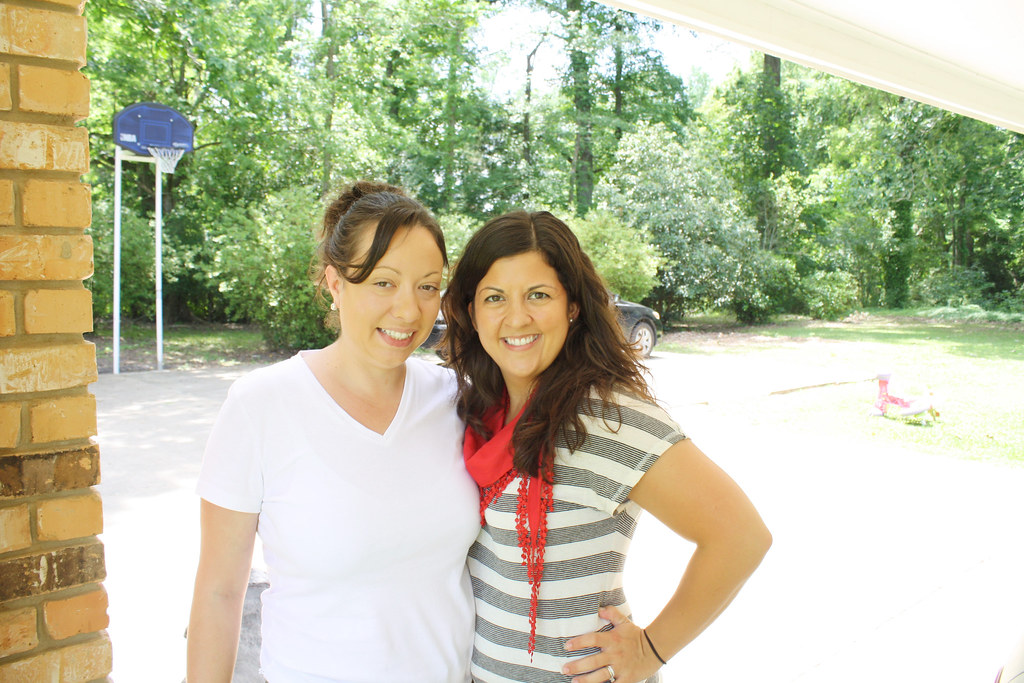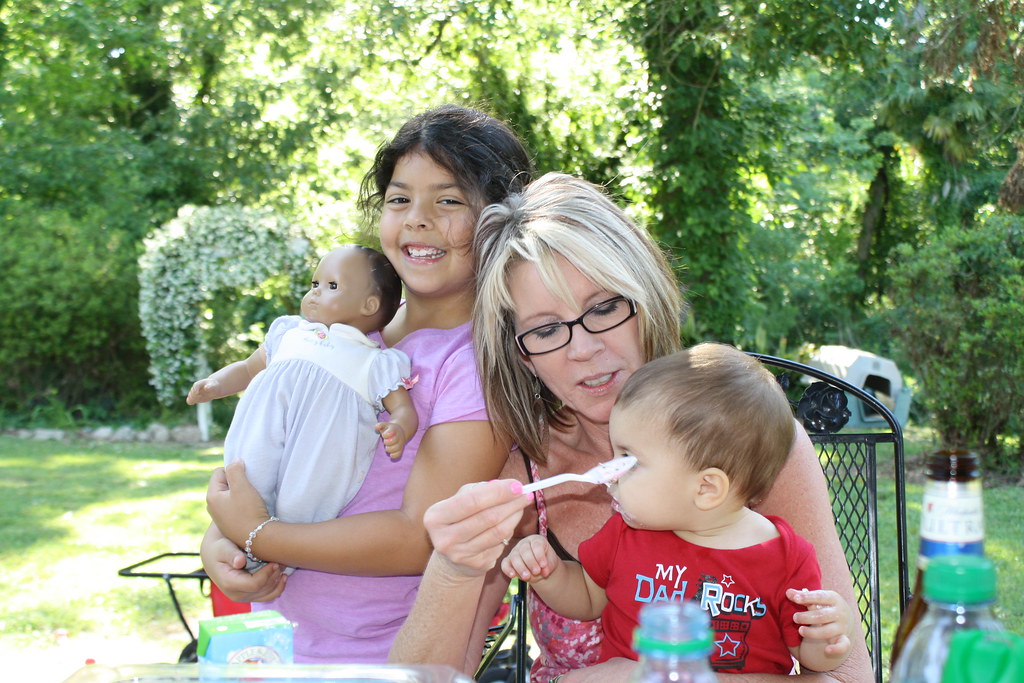My phone rang the other day, an unfamiliar number, a nervous voice on the
other end.
"Hi, Liv. This is M. I'm so and so's mom. I have a couple of questions, I hope they're not
too personal. But I've heard you speak about this before and I was wondering if you
could give me so insight. I just don't know what to do".
The woman was the mother of a child in Isabelle's class. We know each by face,
everyday pleasantries here and there, but we had never really spoken before. She
was calling because she was concerned about her child, she's been noticing some
problems, both academically and socially, but she was scared of the letters: ADD. She
was so nervous, very aware of the personal nature of the conversation, not wanting
to intrude in our family's personal business or offend my in any way.
I opened up to her instantly. I could hear it in her voice: the guilt, the shame, the
self-doubt. She was so worried for her child but was afraid of the possibilities. I
understood how she felt because I have felt the same way. When Isabelle was
diagnosed with ADD, I felt like I had failed her. I went over and over it in my
mind, wondering what I could have done differently. I blamed myself, Shawn, her
school. I felt sad that she would have to work so hard to overcome those three letters:
ADD. She would have to learn how to focus, she would have to be so self aware and
develop efficient study habits: skills that come naturally to most children. My little
girl would be faced with social stigmas, she would go through periods of feeling
inadequate. My heart felt like it weighed a ton as I imagined all of these scenarios in
my head, processing her future and how we would overcome this.
But that was just it: we WOULD overcome this. WE would. Together. After a few days
of epic mama guilt, I pulled my boot straps up and set to work developing a plan of action
for Isabelle. Where to start?
First thing's first: form a team. Isabelle's teacher was the first person we told about
her diagnosis. We discussed her medication regimen and how we planned to change
our routine to create an ideal learning environment at home. Her teacher was
immediately on board, giving us immeasurable amounts of encouragement and
reassurance. She moved Isabelle to a desk front and center, right next to her desk so
that she would be available when she needed that little bit of extra attention. She
also recommended a private tutor that Isabelle sees once a week to help her with
concepts she has trouble with in class and needs extra attention on.
Next: behavior modification. We took a long, hard look at Belle's diet and cut out a lot
of sugar, carbs, and processed foods. We bumped her bedtime up an hour to ensure she
was getting an adequate amount of sleep each night. We set up a "homework station"
that was neat and organized and free of distractions to help her stay on task. We cut
down on the amount of after school activities she was involved in, limiting her to 3
activities per week, so that she didn't get overwhelmed and burned out. And,
most importantly, we set aside time for her to decompress and just be a wild and free
kid every day, allowing her the opportunity to burn off the energy that she didn't know
how to process.
Third: positive reinforcements. At Belle's doctor's suggestion, we set up a sticker chart
on the refrigerator with simple, age appropriate tasks for her to complete each day
and week. Things like making her bed every morning, feeding the dogs, completing
her homework, setting the table, and taking her bath earned her stickers. Each week,
we agree on a goal and a reward for meeting that goal: going out for ice cream, having
a friend over, movie night, etc. She LOVES her sticker charts so much and works
really hard to meet her goal every week. Not only does it keep her on task, but it
teaches her responsibility and self sufficiency. It reinforces a very valuable life lesson:
hard work truly does pay off.
And last by not least: be realistic. Our pediatrician told us from day one: your child is
not perfect, she will not come home with straight As and perfect conduct every week.
Learn to accept the reality that she is just a kid, no matter what all the parenting books
and blogs would have you believe otherwise. As long as she is working hard, doing her
best, and trying to achieve small, simple goals: praise and reward her. We are not
seeking perfection, we are seeking a happy, healthy child.
I told all of this to the mother who called me, reassuring her that ADD will not keep her
child from succeeding in life, following her dreams, or being exactly who she wants to
be. Getting a proper diagnosis and formulating a plan of care, applying interventions
as early as possible and setting your child up to succeed are what you need to do, not
beat yourself up or doubt yourself as a parent. Society tells us things about parenting
that are unrealistic: no one's life really looks like a page off Pinterest. We are all just
working to build happy, memorable moments that fit our own definitions of bliss.
Hang in there, work hard, and remember to give credit where credit is due.
I connected with this mother who called me that day, I felt like we both benefited from
our conversation about our children. She was reassured, ready to move on to the next
step. And I was able to recognize how far our family has come, how much Isabelle
has grown and flourished in so many ways.
It was a good talk.



